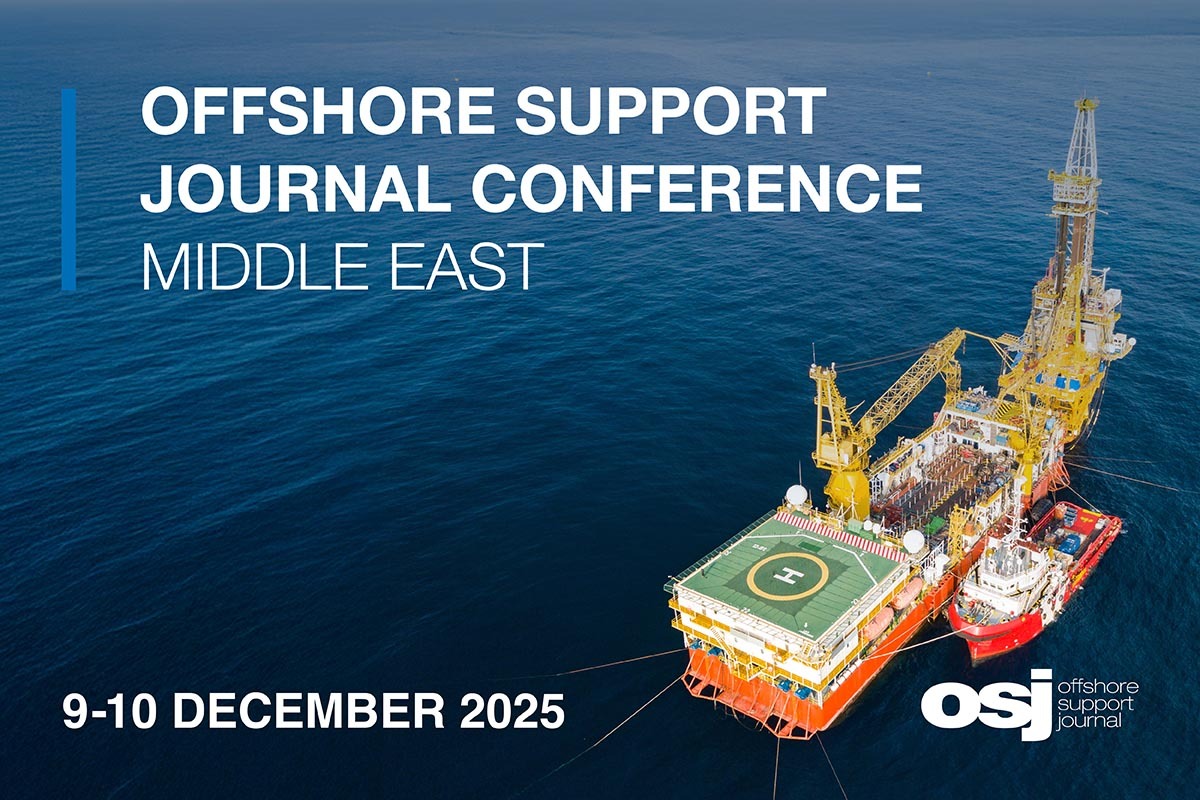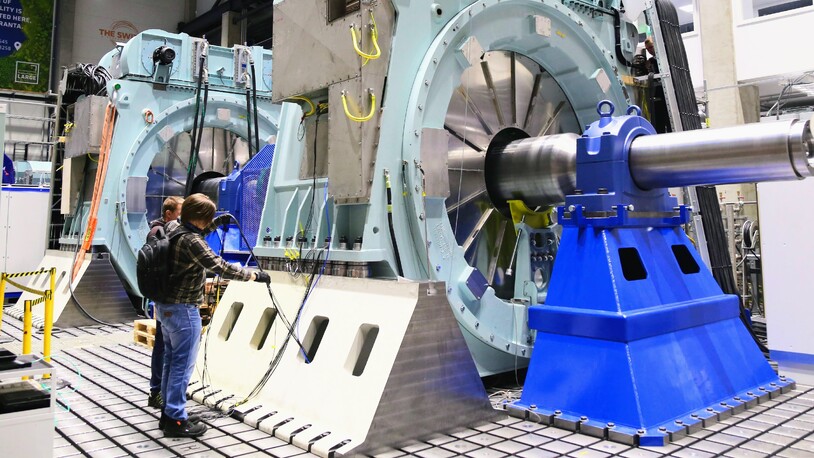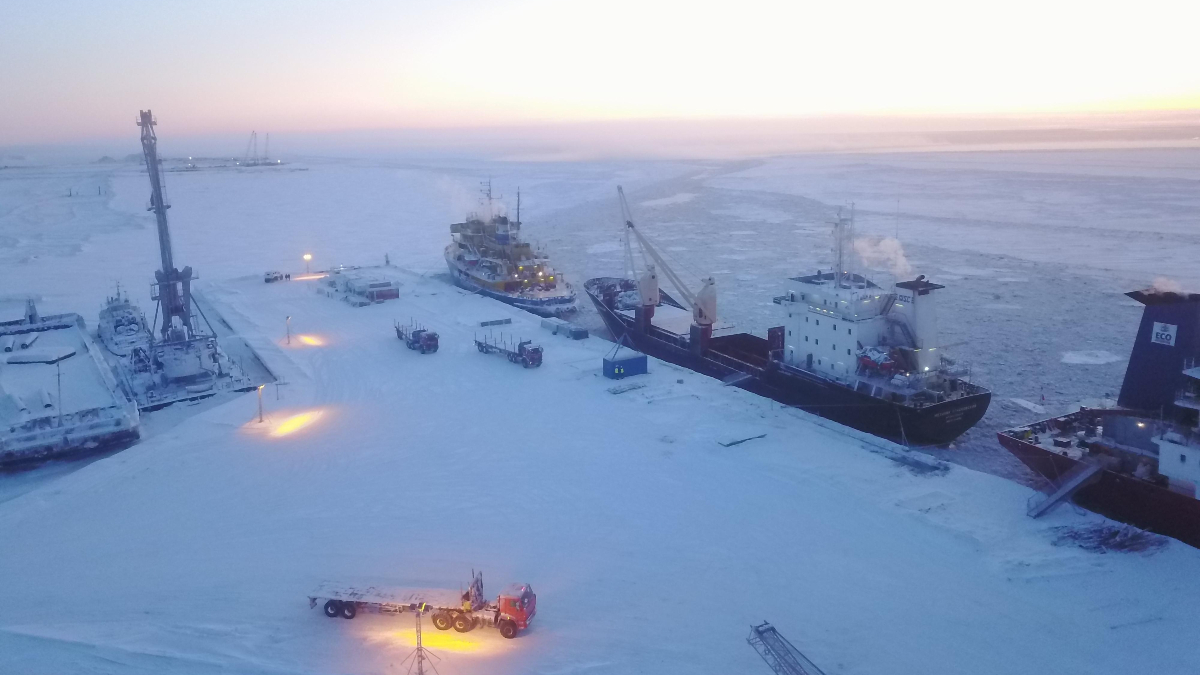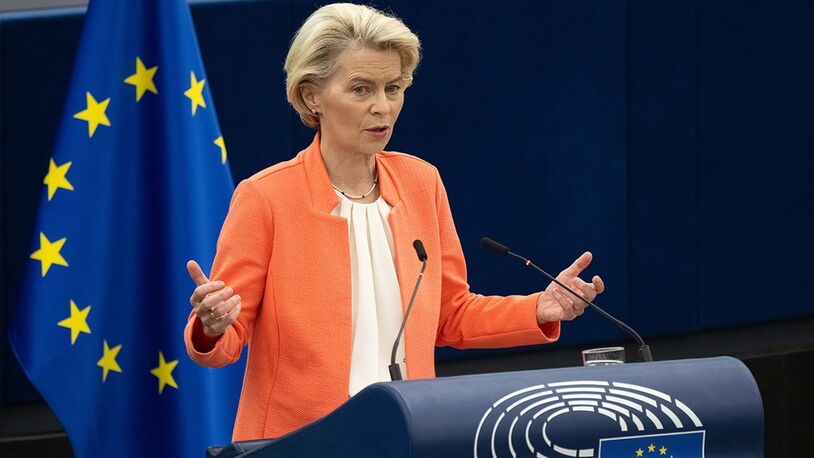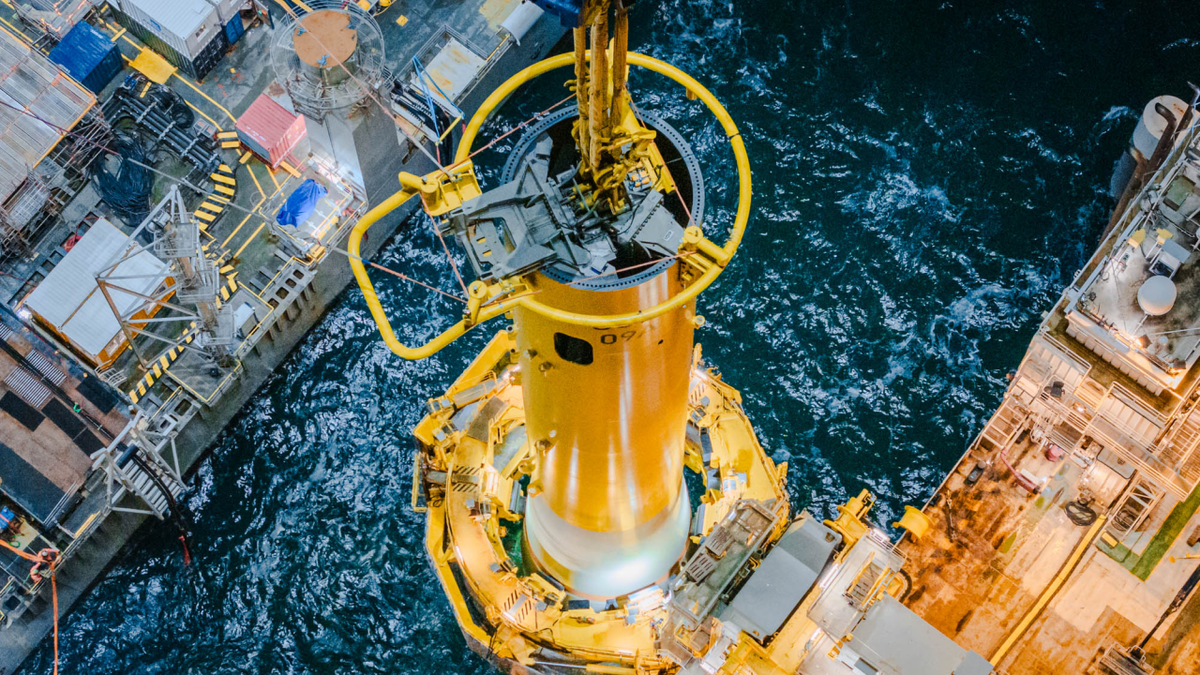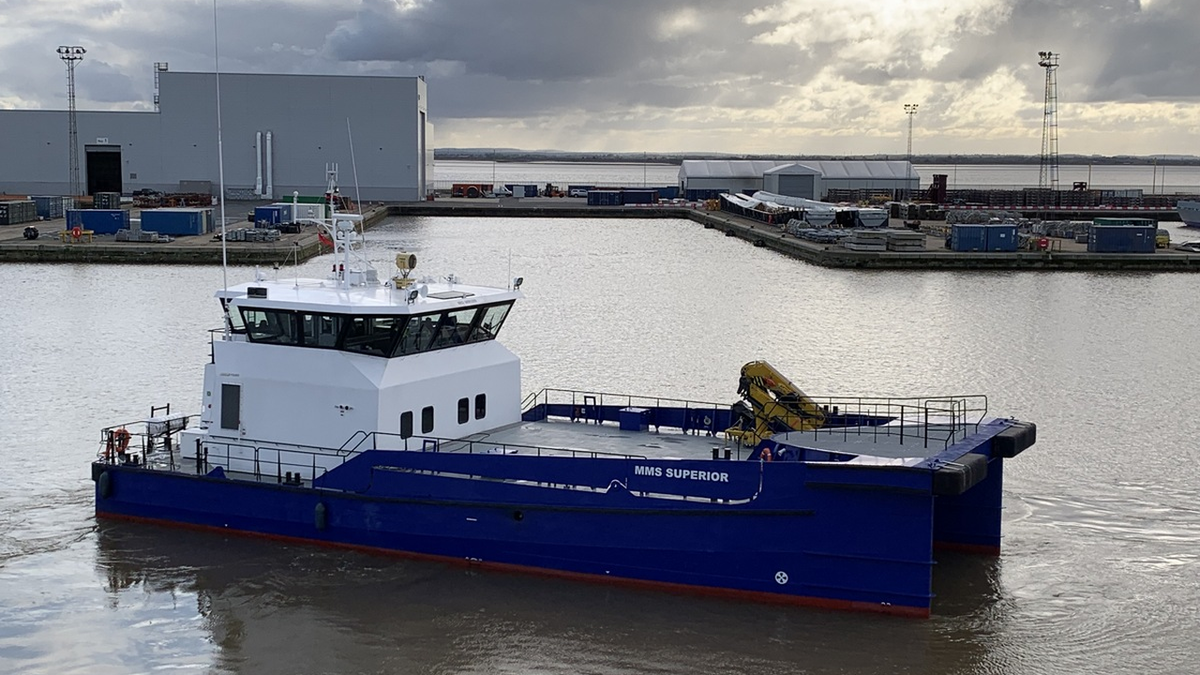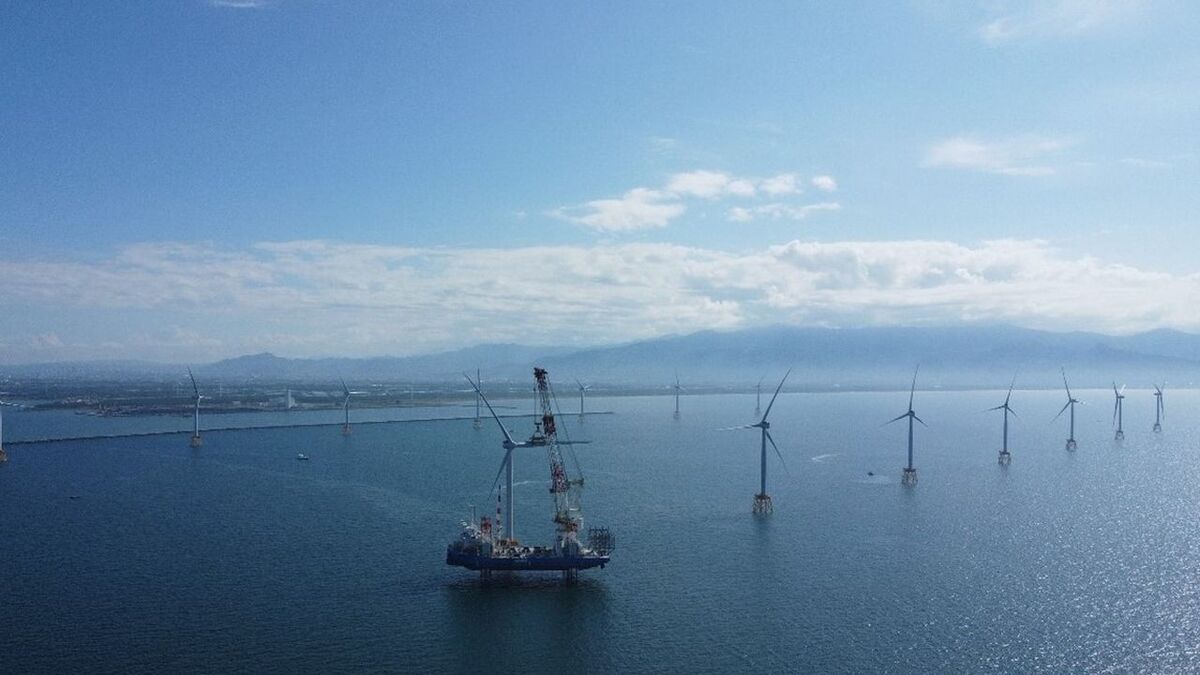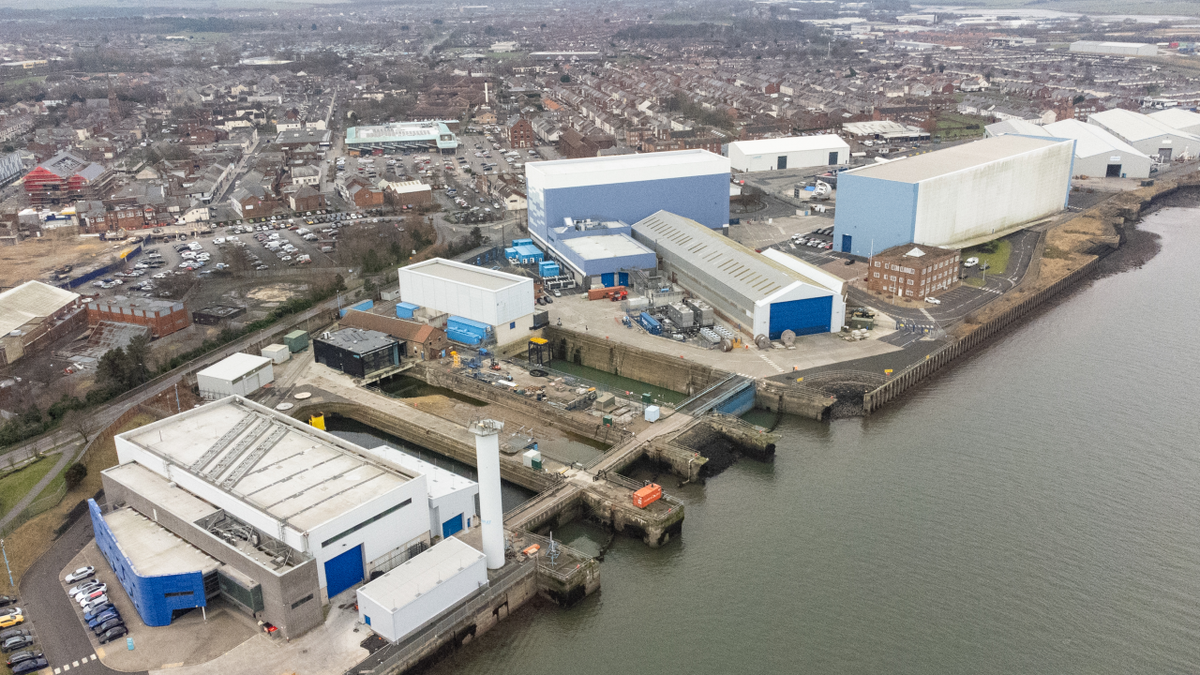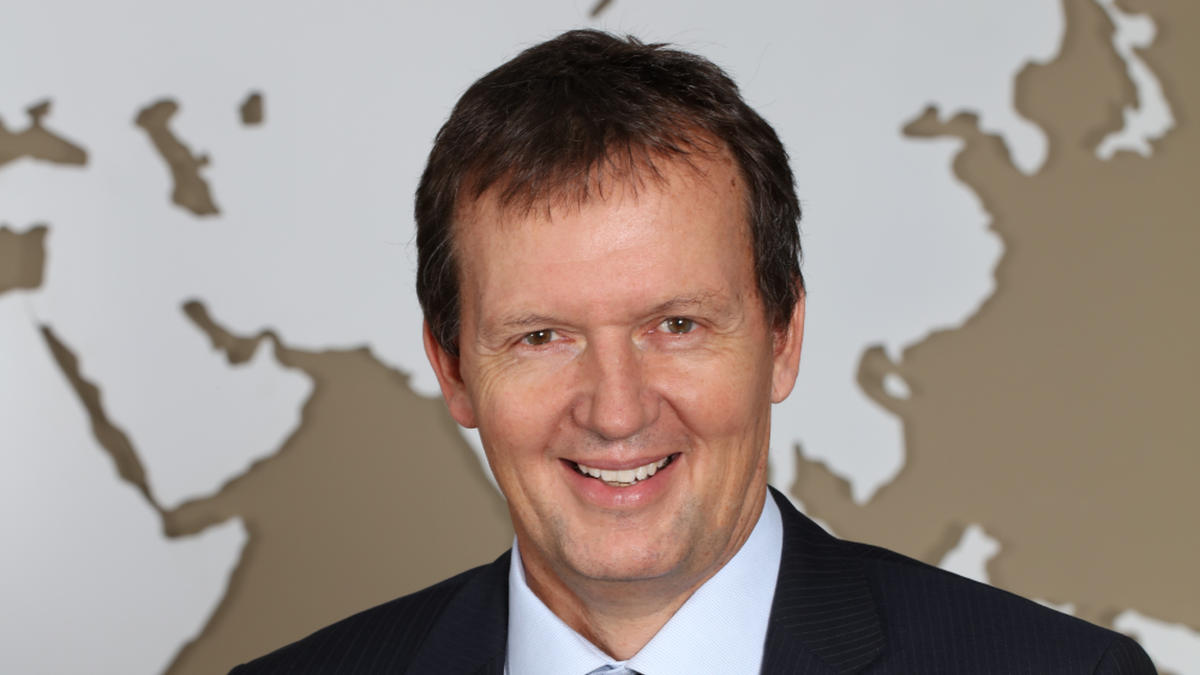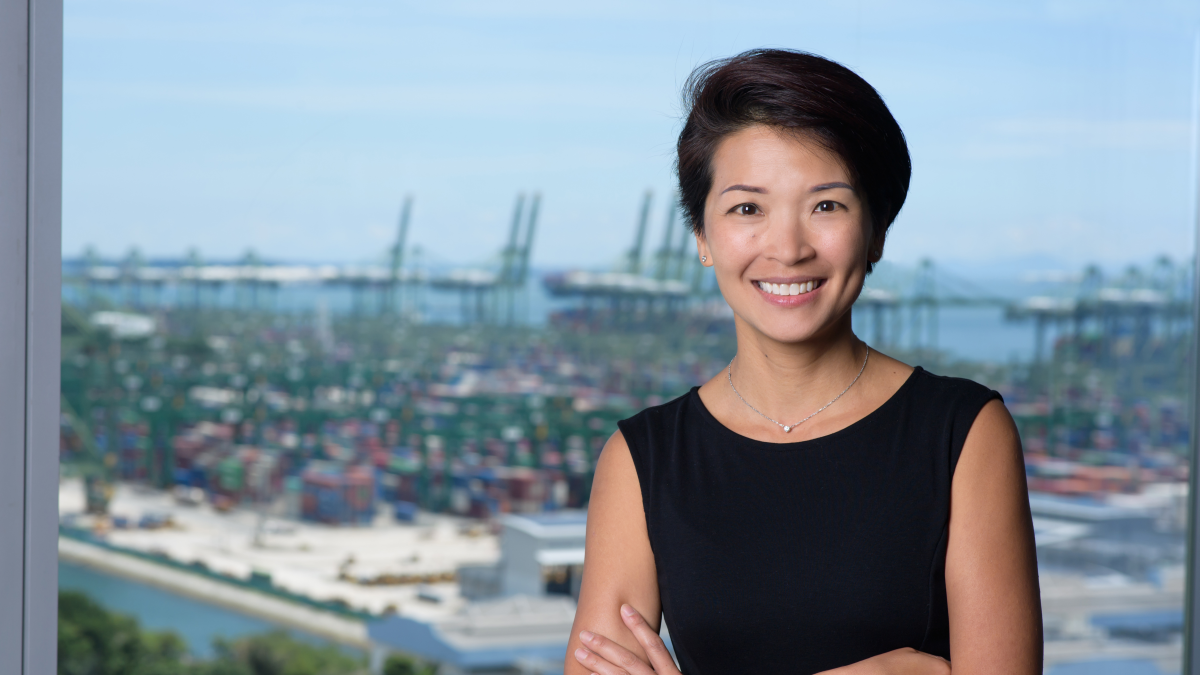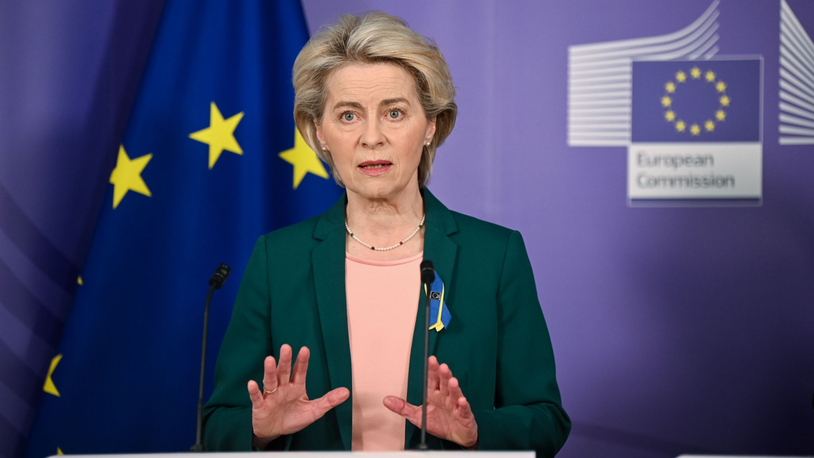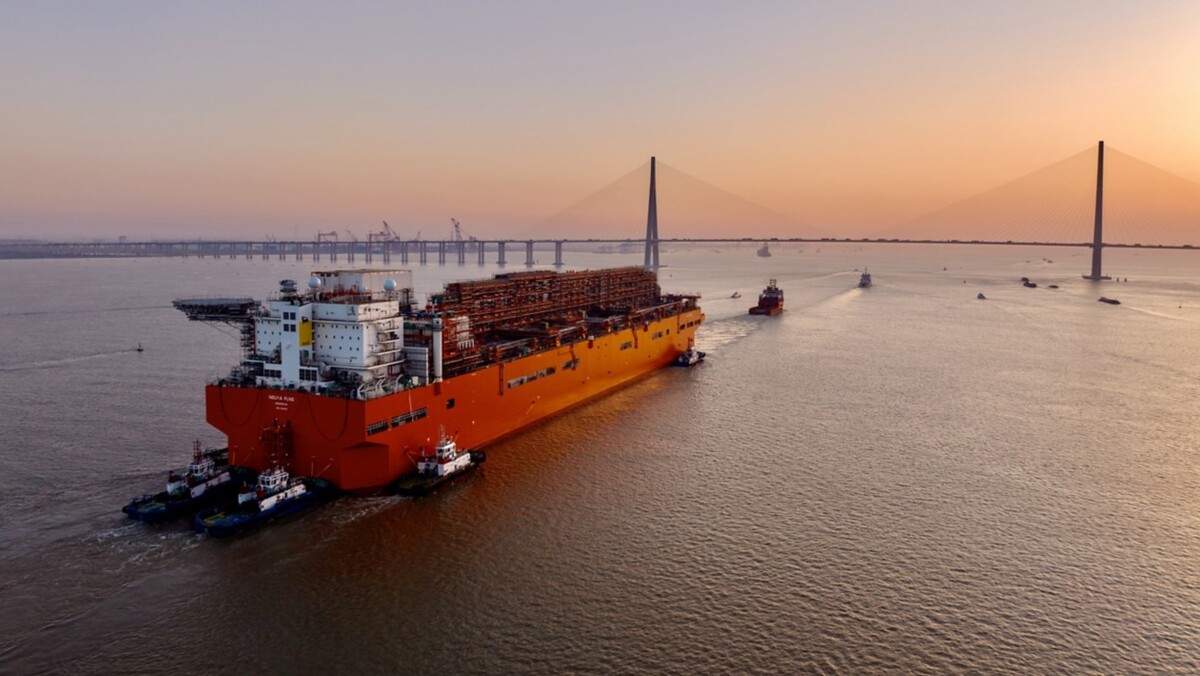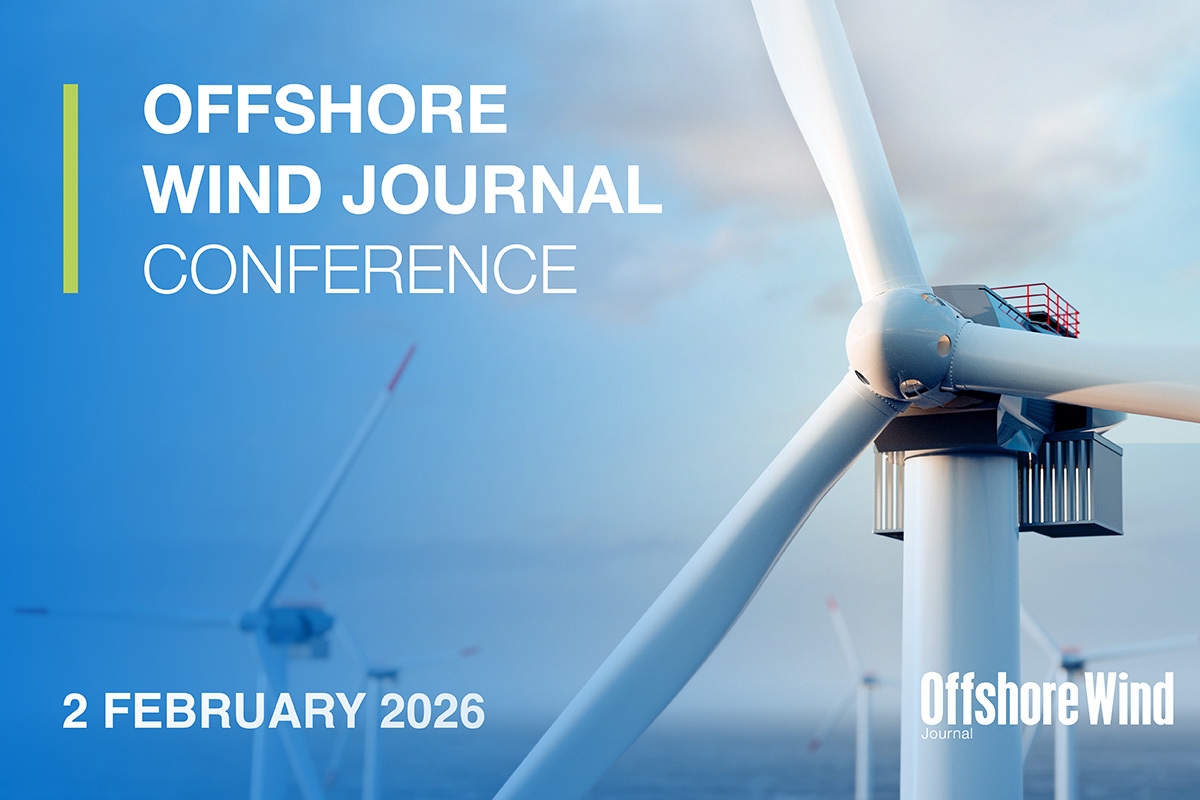Business Sectors
Events
Offshore Support Journal Conference, Middle East 2025
Contents
Register to read more articles.
Arctic LNG 2 faces major hurdles from new EU sanctions
New EU sanctions imposed on Russia target the export of equipment used for liquefaction, creating road blocks for the construction of the Novatek-led Arctic LNG 2 project, according to leading ship brokers
According to Poten & Partners, the new sanctions are the first the EU has imposed directly on the LNG sector, although they fall short of limiting gas or LNG imports from Russia.
The EU announced the new sanctions 8 April, which are the fifth package of restrictive measures in retaliation for Russia’s 24 February invasion of Ukraine. They also ban entry of Russia-flagged ships to EU ports and all imports of Russian coal. Key liquefaction and cryogenic equipment are included in the list of banned goods. The list of restricted LNG equipment appears in Annex X of the Official Journal of the European Union alongside restricted technologies and products used for the oil and petrochemical industries.
The EU said it will be prohibited to sell, supply, transfer, or export, directly or indirectly, goods and technology suited for use in oil refining and liquefaction of natural gas, as listed in Annex X, whether or not they originate in the EU, to any natural or legal person, entity or body in Russia or for use in Russia.
New measures create more obstacles for Arctic LNG 2
Poten & Partners said the new EU sanctions add to the problems faced by 19.8-mta Arctic LNG 2 from previous rounds of sanctions. They leave equipment and service providers looking at potential exposure and examining whether they can continue to support its construction. Many of the contractors and service providers on the project are from Europe. The engineering, procurement and construction contractors are France’s TechnipEnergies, Italy’s Saipem and Russia’s Nipigas, with other providers including Nuovo Pignone, which is the Italian arm of Baker Hughes, France’s GTT and Germany’s Siemens and Linde. The sanctions also prohibit technical services, and it is unclear if this covers management of EPC contracts or just vendor support.
It is still likely train 1 of the three-train project can be built on schedule because much of the equipment it needs is already in Russia, said the shipbroker, including Linde heat exchangers. It will make it more difficult to complete train 2 on schedule and is likely to delay train 3, if the war in Ukraine goes unresolved and sanctions remain in force or are further tightened by the west. Train 1 is due to startup in 2023, train 2 in 2024 and train 3 in 2025. The key to starting up train 1 in 2023 is to tow the first gravity-based structure on which modules rest in late August or early September this year to avoid ice buildup in the journey from the yard in Murmansk to the project site nearshore of the Gydan Peninsula in northwest Siberia.
The contractors are also faced with growing shipping challenges amid the ban on Russian ships from EU ports. Added to this are fears that Russia may decide to seize foreign-flagged ships. On 4 April, the Joint War Committee of Lloyd’s Market Association, which includes representatives that write marine hull war business in the London market, added all territorial waters of the Russian Federation to its list of areas at risk from war, piracy and terrorism. As a result, insurance and reinsurance companies may discontinue cover for voyages to Russia and if they provide it, it will raise premiums making it more expensive to ship equipment.
Before the fifth round of EU sanctions, US$21.3Bn Arctic LNG 2 faced snags when some of its lenders providing almost US$11Bn in loans were sanctioned by the US, EU or UK. This potentially exposed European contracting companies working on the project to sanctions. Sanctioned Russian lenders Bank Otkritie and VEB were removed from the project to allow the work to continue.
How sanctions will affect the building of the Arc7 class icebreaking LNG carriers that will serve Arctic LNG 2 is also unclear. VEB was to have provided US$9.6Bn of funding to the 15 Arc7s being built by Russia’s Zvezda yard. But critical support and equipment is coming from South Korea’s Samsung Heavy Industries, yet VEB is sanctioned by South Korea. Delivery of propulsion equipment ordered from Europe and LNG cargo handling equipment ordered from Japan for the Zvezda ships is also under question.
The situation is also uncertain regarding the other six Arc7s of the 21-ship fleet being built by Daewoo Shipbuilding and Marine Engineering. These are also likely to require European and Japanese equipment. The first three ships are for Russia’s Sovcomflot while the second batch of three are for MOL and may not be directly affected by sanctions if not deployed on Russian LNG trade.
Meanwhile, sanctions continue to tighten around Russian individuals in the LNG industry. This month, the UK added Novatek chairman and chief executive Leonid Mikhelson to its list of asset freeze targets.
Outlook bleak for future Russian LNG projects
The new EU sanctions reduce prospects for the other Russian projects that are part of the country’s bid to be one of the world’s largest LNG producers. Their sponsors are expected to struggle if they cannot access technology, equipment and expertise from Europe. Aside from Arctic LNG 2, Russia had planned to add almost 40 mta of capacity through the next phase of expansion from Novatek-led Arctic LNG 1, Russian Far East LNG, and Ust Luga. Ultimately, the aim was to add yet more projects to eventually take production to 80-140 mta of LNG by 2035, up from the current level of about 30 mta which comes from Novatek’s Yamal LNG, Gazprom’s Sakhalin 2 and the smaller Cryogas-Vysotsk.
The possible suspension of skills and technology by key equipment manufacturers and service providers could leave Russia with a services gap for new projects. Linde, which is supplying its mixed fluid cascade liquefaction technology to Arctic LNG 2, had already suspended business development for new projects in Russia. Others may follow suit in the wake of the new EU sanctions. Russian companies have been trying to develop their own technologies but have seen limited progress so far, concluded Poten & Partners.
Riviera Maritime Media will provide free technical and operational webinars in 2022. Sign up to attend on our events page
Related to this Story
Retrofit fund links repayments to fuel savings
Events
Offshore Support Journal Conference, Middle East 2025
Maritime Regulations Webinar Week
Maritime Decarbonization Conference, Americas 2026
Offshore Wind Journal Conference 2026
© 2024 Riviera Maritime Media Ltd.
